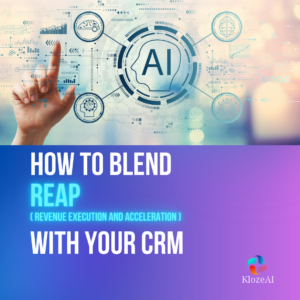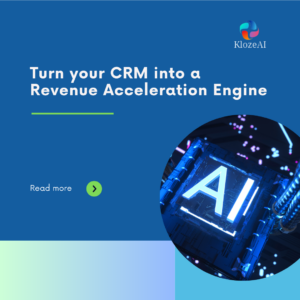Business Problem
For any sales engineer, sales person or a consultant, proposal generation tailored to customer needs is the bread and butter of his or her professional life. Based on the stage of the proposal, it might take anywhere from tens of minutes to tens of hours to go through all the steps required to create a powerful and effective proposal. If the sales team skimps on the time, quality of the presentation suffers.
- Discover the relevant content
- Tailor it to the current opportunity/audience
- Collect insights from the audience to not only improve the current proposal but also reuse this knowledge for future similar proposals by peers.
Causes for the Business Problem
-
Poor Sales and Marketing Information Discovery
Enterprise sales roles (AE, SE, PS) and related marketing roles spend approximately 25% of their time trying to locate / discover the best and most recent information on various topics to persuade their customers to drive sales. This translates into roughly $250K lost per sales rep per year in productivity. [Text Wrapping Break][Text Wrapping Break]In Contiq’s survey, the discovery stage was cited as the biggest issues with the respondents spending 5-20 hours a week foraging for relevant content for their proposals across various silos such as their hard drives, cloud drives, peers. Find below research from Forrester that provides evidence on $s lost due to time spend on finding the right resources :Exhibit A: Forrester, February 2017 “Understanding The Reality Of Your Sales Force” -
Constant Reinvention / Limited Content Reuse by Sales and Marketing Teams
Another related problem is that most sales teams have no systems to capture, measure and share high-performing content and related insights. This gap leads to sales people relying on “tribal knowledge” or having to constantly “reinvent” content to win customer deals. -
Limited Content Effectiveness Insights
Most enterprise marketers struggle with measuring the effectiveness of their created content. They have limited systems to better understand the customer contexts their content was used in, how well it performed and where the gaps are to support sales.
AI (Assisted Intelligence) for Information Discovery
To enable the fast discovery of the quality information while a proposal is being tailored, an ideal solution would need the following characteristics,
-
Forensic
By mining your existing content for important entities (customer, competitors, use cases), the solution should be able uncover important insights customized to your business.
-
Contextual
Content is meaningless without the opportunity it is targeted for. So, such a solution should be able to marry the content (and content insights) to the opportunity context.
-
Comprehensive
How can sales or marketing manually comb through insights trapped in thousands of slides and pages for any given situation or opportunity.
-
Dynamic
Marketing groups update at quarterly cadence while the field needs more frequent “updates” per opportunity.
-
Accurate
“I want the exact slide that I am thinking of and, by the way, I remember making it 5 years ago.” This is similar but different from the issue above because I am not looking for one of the similar slides but “the” slide.
-
Semantic
Slides carry a message. Why shouldn’t I be able to search for those concepts instead of trying to remember the specific keywords?
-
Wholistic
Any marketing and sales collateral is rich. In addition to text, it has figures, backgrounds, images, logos and a lot more facets. A good discovery solution has to enable searching by these facets in addition to the more obvious ones.
Conclusion
While this paper focused on first stage (Information discovery), AI can help in the other stage too. “Follow” this thread to learn more about that in the upcoming posts.





